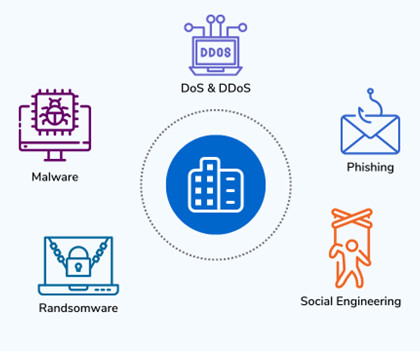Top 6 Retail Trends & Supply Chain Planning Challenges in 2023
Logistics Viewpoints
JUNE 1, 2023
With these at play, having agile planning systems which can consume large amounts of internal and external data and provide decision intelligence and decision automation are becoming essential capabilities retailers seek. They are more likely to shop for discounts and sales and may delay purchases of some items.
















Let's personalize your content